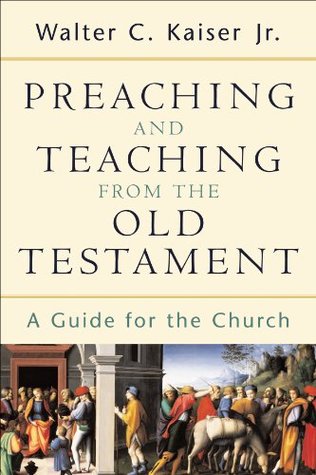Finally, it was “to anoint the most holy [One or place].” Since this expression is never used of a person, it probably is not a reference to the Messiah or even to his church.
Kaiser is plain wrong here: the term is applied to Aaron and his sons, 1 Chr 23:13 NASB. The ESV mistranslates this verse. Note that the verb "to consecrate" has the third person singular suffix "to consecrate him" (just like the verb "to serve" later in the verse uses the same construction, i.e. "to serve him"). So Aaron was set apart "to consecrate him most holy". The noun "most holy" is missing both the article and the direct object marker. It is not the direct object of the verb--the ESV is wrong here and the NASB is right. So Kaiser is also wrong when he claims "most holy" is never used about a person. It definitely is. And where Kaiser began this section on apocalyptic with good advice against the practice of eisegesis, he ends up eisegeting all over the place in his example sermon on Daniel 9:20-27. He imagines the Antichrist into the text, imagines a chronological gap into the text, and imagines the end of the world into the text. None of which are there.


